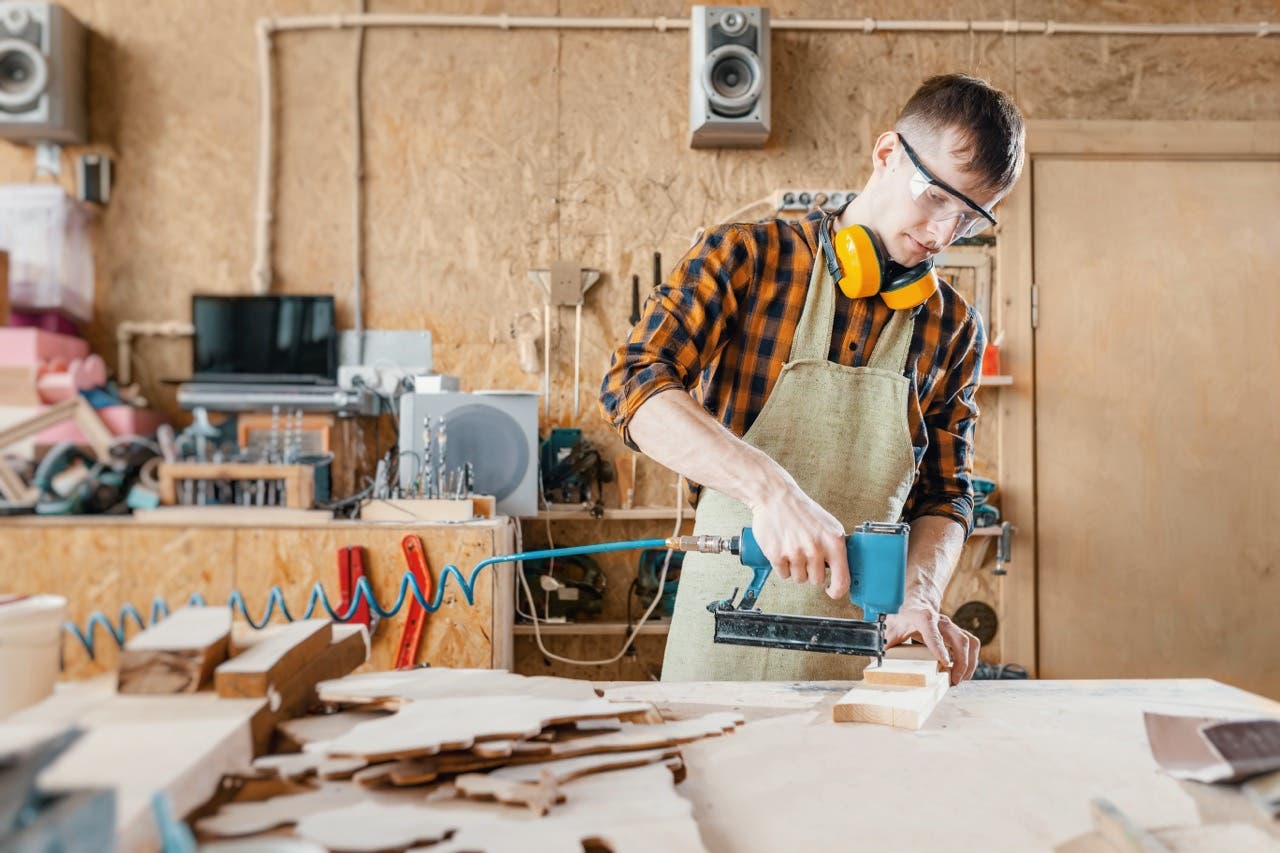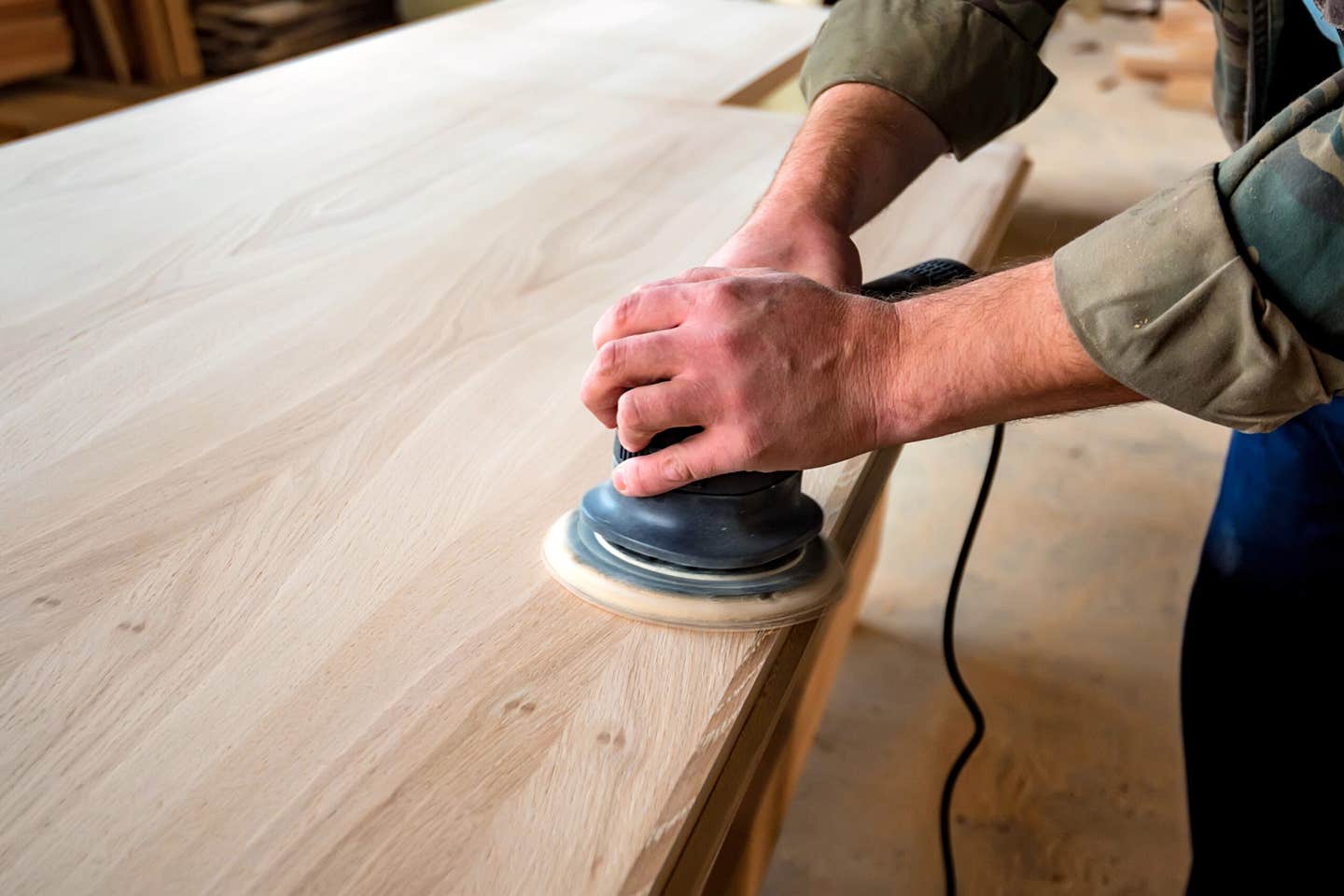One million visitors
The Pennsylvania WoodMobile, a sustainable wood products classroom on wheels, welcomed its millionth visitor in August thanks to a group of 40 students from the Solid Foundation Education Association of…
The Pennsylvania WoodMobile, a sustainable wood products classroom on wheels, welcomed its millionth visitor in August thanks to a group of 40 students from the Solid Foundation Education Association of Port Matilda, Pa.
The WoodMobile is a traveling learning laboratory sponsored by the Pennsylvania Hardwoods Development Council, with support from the Pennsylvania Forest Products Association. It first hit the road in 2002 and has appeared in 64 counties throughout the state at nearly 450 events, from school appearances to farm shows. It attracts an average of 110,000 visitors each year.
Wayne Bender, who was hired by the council in 2000 to coordinate and develop the WoodMobile program, says the target audience of the educational program is older elementary school children. School programs usually include a William Penn presentation focusing on the history of the state, why the forest landscape changed and how, through sustainable forestry, the wood products industry is a positive thing for the environment as well as for wood use.
"Our goal with the WoodMobile Program is to help children understand critical thinking when it comes to the wood resource and that wood is part of the environment's answers to the problems, rather than the cause of the environmental problems," says Bender.
He says that, by third grade, most schools teach rain forest education, which typically send a message to students that cutting trees down is a bad thing. But the topic is much more complex when you factor in sustainability issues.
"What I've seen happen is teachers oversimplify rain forest education by saying trees provide oxygen and, therefore, don't cut trees down," he says. "What we're trying to explain is that wood is the renewable resource and is better than using the much more environmentally costly products such as steel, metal, plastics, cement."
Adult audiences are offered information illustrating the state's sustainability practices. For example, although the state has a long history of timber operations, there has been a lot of work put into restoring its forests. There were only about 5 million acres of forest remaining after widespread clear-cutting operations 100 years ago. Today, the state has more than 17 million acres of forest.
"Pennsylvania has more acres of hardwood forests than any other state and it is important that we educate the public about this tremendous natural resource and the good efforts of the forest industry to provide jobs, support local communities and keep Pennsylvania growing for future generations," Redding said during the milestone event.
The council, which operates through the state's Department of Agriculture, was created in 1988 by the General Assembly to promote and expand the state's hardwood industry.
Contact: Hardwoods Development Council, 2301 North Cameron St., Harrisburg, PA 17110. Tel: 717-772-3715. www.agriculture.state.pa.us
This article originally appeared in the November 2010 issue.







